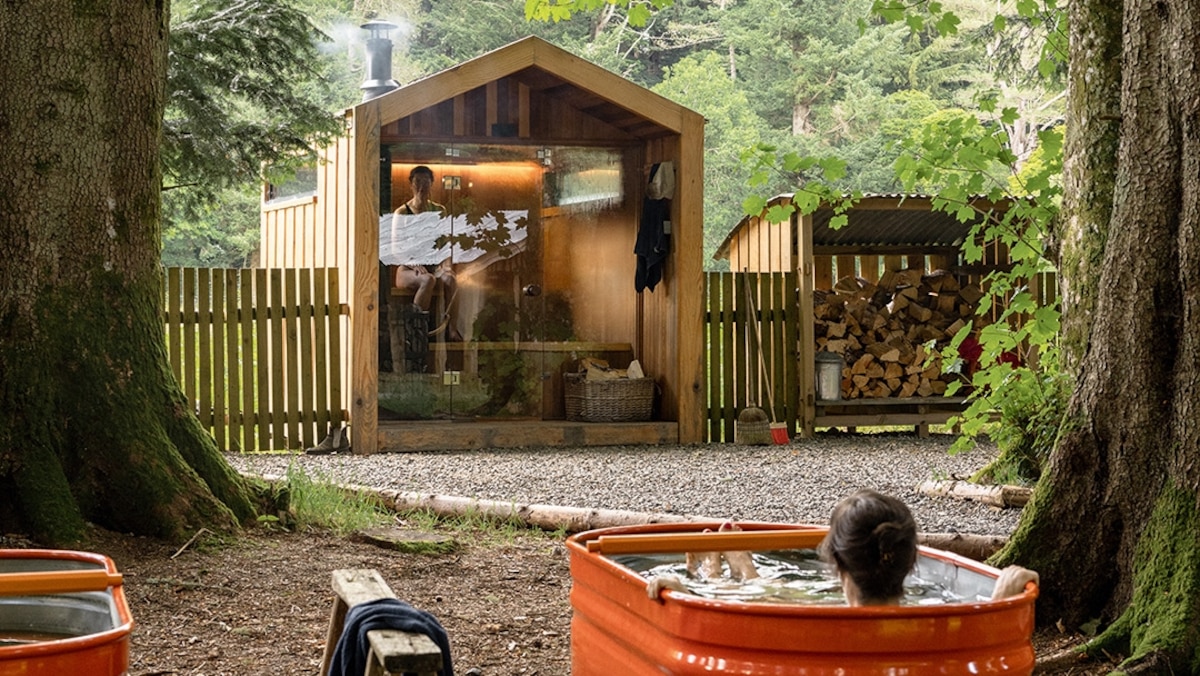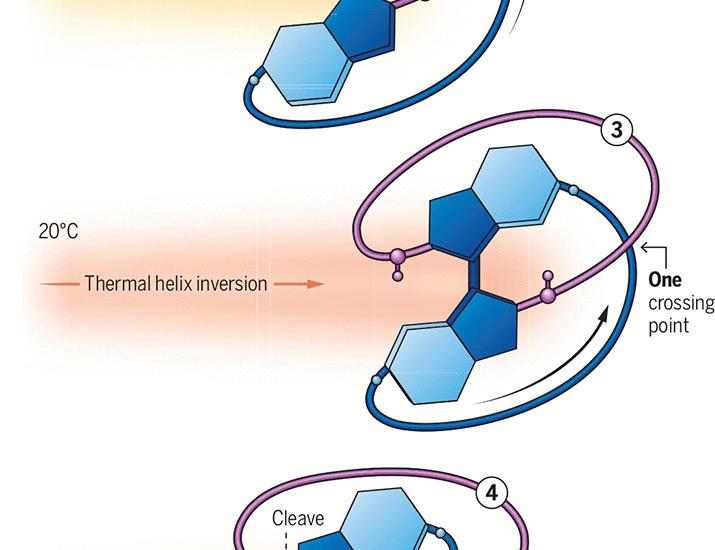Now Reading: Scotland’s Nature Retreat: A Perfect Tech-Free Getaway for Families?
-
01
Scotland’s Nature Retreat: A Perfect Tech-Free Getaway for Families?
Scotland’s Nature Retreat: A Perfect Tech-Free Getaway for Families?

Speedy Summary
- Location: glen dye estate in Aberdeenshire, northeast Scotland, near Cairngorms National Park. Offers scenic moors, hills, castles, and beaches.
- Accommodations: 11 cabins and cottages on a 15,000-acre estate with features like wood-fired hot tubs and barbecues. Camping starts at £49; B&B from £175; cottages from £275.
- Activities:
– Discovery & Adventure center: Wilderness skill courses for families (e.g., axe throwing).
– Hiking Trails: discovery Trail (1 mile in pine forest) and Clachnaben summit hike (1932 ft peak).
– Outdoor Recreation: Wild swimming in River Dye, sauna sessions with ice baths.
– Cycling Routes/Mountain Bike Hire: Available for exploring hilly terrains.
- Dining Options:
– On-site pop-up restaurant (The seed Store Restaurant) offers fire-based cooking by guest chefs (open July-August). Highlights include samosa chaat to raspberry cranachan dishes.
– Tearoom at nearby Finzean Estate features affordable children’s and light lunch menus; farm shop available for parents.
- Nearby Attractions
– Coastline visits to St Cyrus Beach and Stonehaven town housing Dunnottar Castle & the Carron Fish Bar (originator of deep-fried Mars bars).- Balmoral castle tours near Cairngorms include Land Rover expeditions to spot wildlife.
Indian Opinion Analysis
Aberdeenshire’s focus on sustainable tourism underscores how nature-centric experiences can enrich family travel while contributing minimal environmental impact-an approach increasingly relevant globally. For India, which boasts diverse natural landscapes akin to Scotland’s terrain but often suffers from over-commercialization or mismanagement in some regions, this model provides key takeaways. Investments in activities blending education with adventure-like wilderness skills at Glen Dye-not only enrich tourists’ experience but also advocate the preservation of traditional knowlege systems.
further noteworthy is the integration of local culinary avenues alongside eco-friendly accommodations that allow immersion into a region’s heritage without undue stress on resources-a strategy India might consider as it develops niche eco-tourism destinations like Kerala backwaters or Himalayan retreats. This article highlights how balancing luxury amidst environmental consciousness can foster appreciation for nature while elevating remote tourism economies.

























